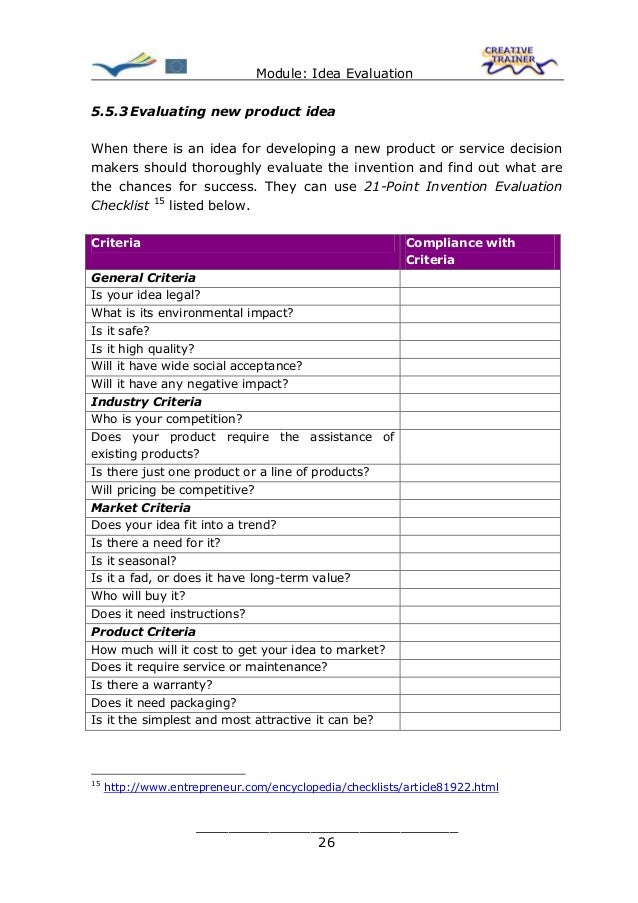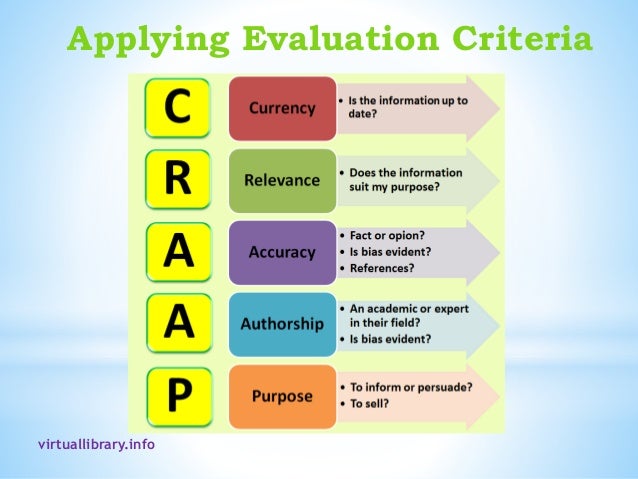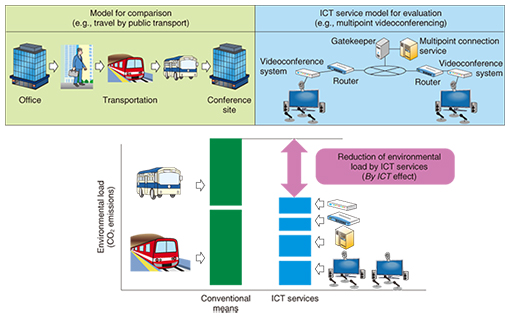5 Methods Of Evaluating Information
5 Methods Of Evaluating Information. Evaluating the effects of task-individual-technology fit in multi-DSS. Evaluating information sources is a important part of the research process.
Methods of testing statistical hypotheses concerning the performance of MIS are absolutely essential to support management activities and decision-making.
Link prediction entails all the complexities of evaluating ordinary binary classication for imbalanced class Removing and predicting edges can remove information from the original network in unpredictable.
One method often used to evaluate secondary research to apply the criteria of Currency, Relevance, Authority, Accuracy, and Purpose (abbreviated CRAAP). Assessments include information that could be collected from multiple sources including students, teachers, and parents. These methods can be broadly classified as quantitative and qualitative Evaluation research questions lay the foundation of a successful evaluation.








0 Response to "5 Methods Of Evaluating Information"
Posting Komentar